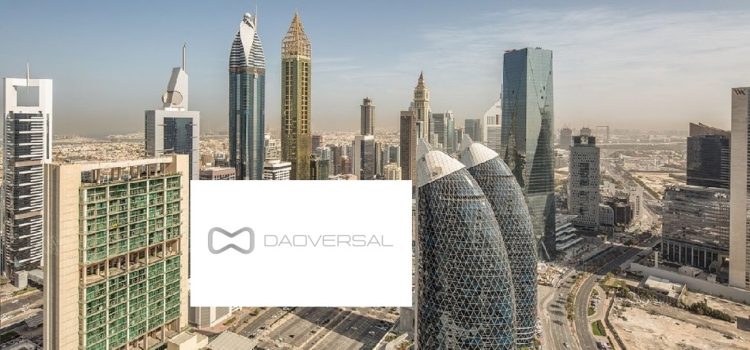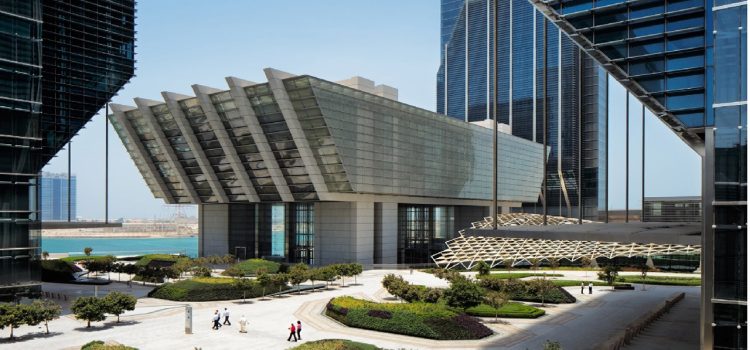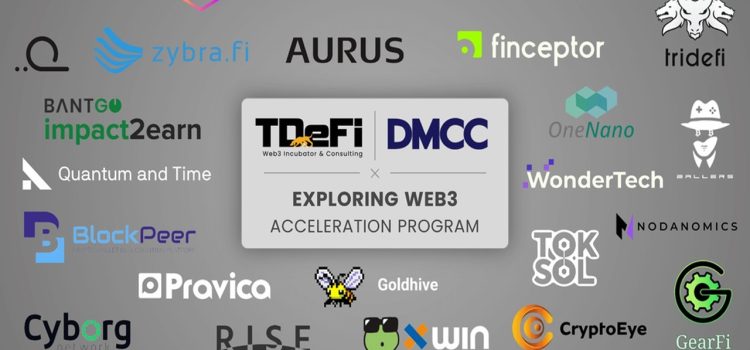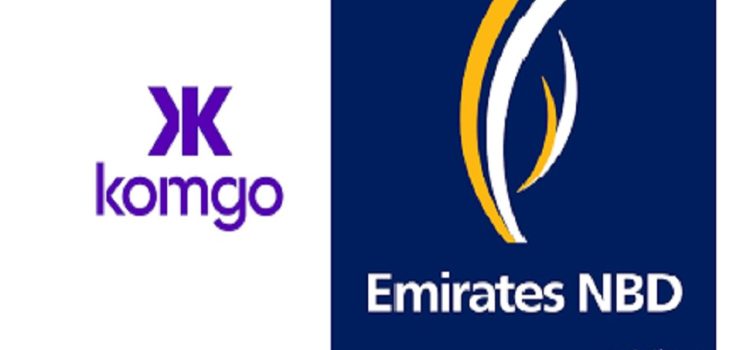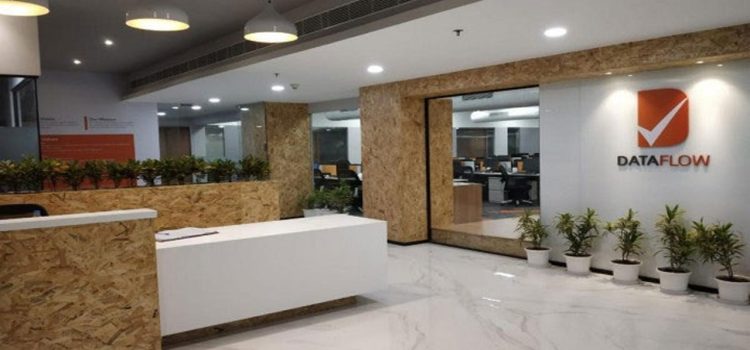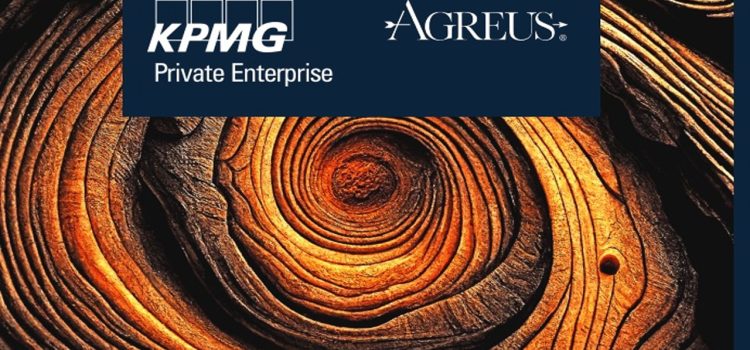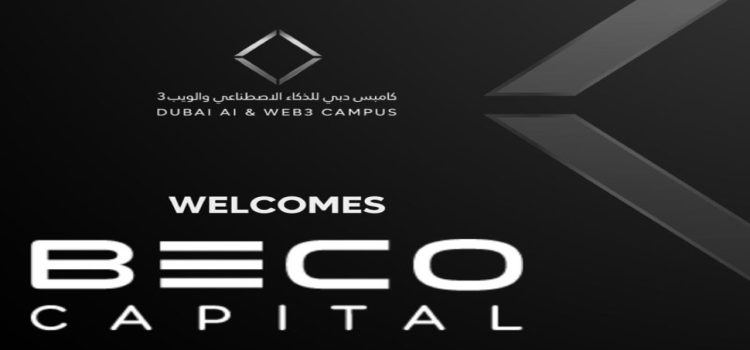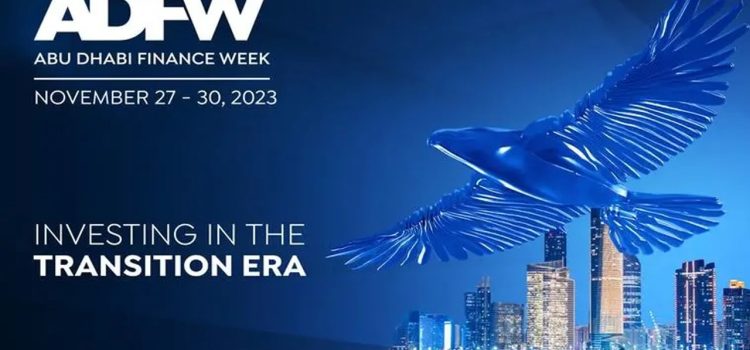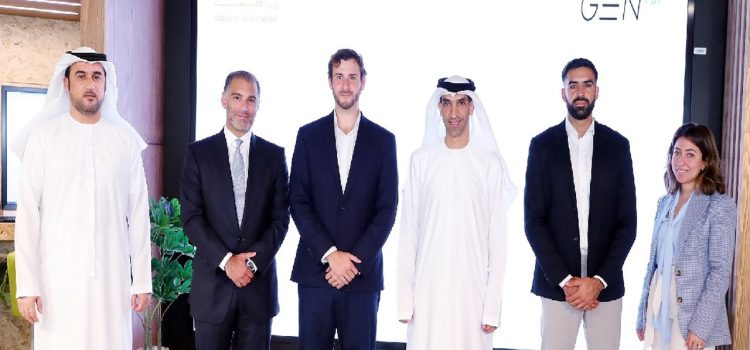
Dubai International Financial Centre (DIFC), announced graduation of its first metaverse cohort of 10 regional and global start-ups as part of its ‘DIFC Metaverse Accelerator Programme, which included blockchain Web3 Social ecosystem platform startup Daoversal.
The news follows the launch of DIFC’s Metaverse Platform earlier this year, in line with the Dubai Metaverse Strategy, which aims to add USD 4bn to Dubai’s GDP, support 40,000 virtual jobs by 2030, and attract 1,000 companies specialised in blockchain and metaverse technologies. At the time DIFC had noted it would choose 50 startups, yet it seems that only 10 have graduated. The inaugural ‘DIFC Metaverse Accelerator Programme’ was the first initiative announced under the ‘DIFC Metaverse Platform’ umbrella, and attracted over 160 applicants from the UAE, UK, US, India and France, with a focus on primarily Metaverse, AI, Web3, AR/VR and Blockchain sectors.The ‘DIFC Metaverse Accelerator Programme’, backed by programme partners Abu Dhabi National Insurance Company (ADNIC), DP World, and Daoverse Capital, onboarded 10 promising start-ups on 5 June 2023 with 3 months of intense bootcamp workshops to follow.Mohammad Alblooshi, CEO of the DIFC Innovation Hub, said, “Earlier this year, Dubai’s Higher Committee for Future Technology and Digital Economy endorsed the DIFC Metaverse Platform, positioning DIFC as the first government entity globally to champion an integrated Metaverse hub. To see the DIFC Metaverse Accelerator Programme come to fruition as part of that initiative with over 160 international applicants, a network of over 60 ecosystem partners, and 10 talented start-ups graduating already is encouraging and will no doubt inspire others to join us as we together embark on our next phase of growth.”Among the startups selected were Artichoke Labs, a spatial computing company specialising in creating city-scale augmented reality applications; Cognitive Technologies, experts in establishing Internet-of-Things (IoT) networks to enable both hardware and software automation; Daoversal, an expansive blockchain-based Web3 social ecosystem platform; and DoDocs, which is building a service to generate legal documents in any language for any country or jurisdiction for both individuals and businesses.In addition there was Duverse, a start-up involved in developing and implementing advanced Artificial Intelligence (AI) solutions; Evometa, a boutique digital studio providing Metaverse-as-a-service solutions for enterprises in real estate, hospitality, industrial and automotive markets; and Flan, engaged in creating micro communities for clients and creative workers to meet, Intelligent Assist and ShopDoc, two digital healthcare delivery platforms, and GoPal, a revolutionary Metaverse-based EdTech Platform.








